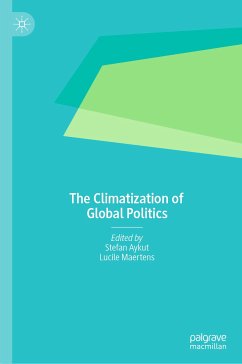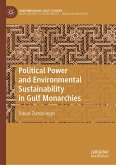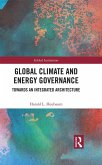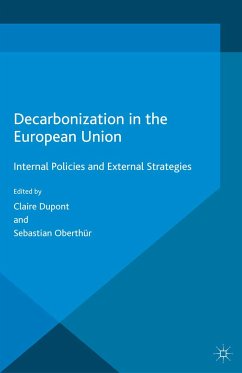As global warming progresses and efforts to mitigate and adapt intensify, living under a changing climate-or in a 'new climate regime' (Latour 2015)-increasingly appears as a central feature of 'our' new, and highly unequal, human condition in the Anthropocene. In other words, we firmly believe that climatization is here to stay. It is thus crucial to better understand this process, recognizing its problems and ambiguities, but also examining its transformative potential and identifying the conditions under which such potentials can be harnessed with a view to building a more effective and equitable climate politics. We think that the chapters in this book contribute to this endeavour.
Stefan C. Aykut is Professor of Sociology, member of the Cluster of Excellence Climate, Climatic Change, and Society (CLICCS) and Director of the Center for sustainable society research (CSS) at Universität Hamburg, Germany.
Lucile Maertens is Senior Lecturer in Political Science and International Relations at the Institute of Politic Studies of the University of Lausanne, Switzerland, and member of the Center of International History and Political Studies.
Dieser Download kann aus rechtlichen Gründen nur mit Rechnungsadresse in A, B, BG, CY, CZ, D, DK, EW, E, FIN, F, GR, HR, H, IRL, I, LT, L, LR, M, NL, PL, P, R, S, SLO, SK ausgeliefert werden.









